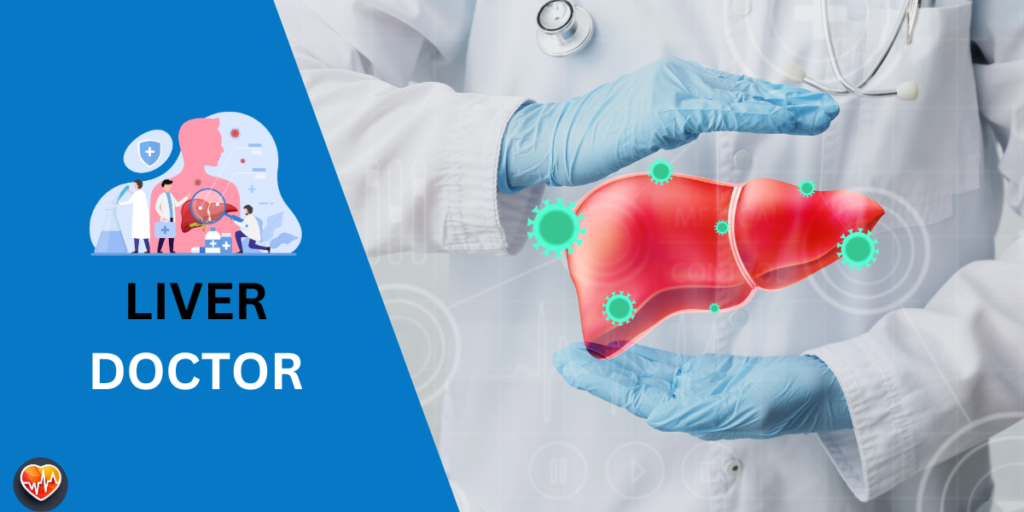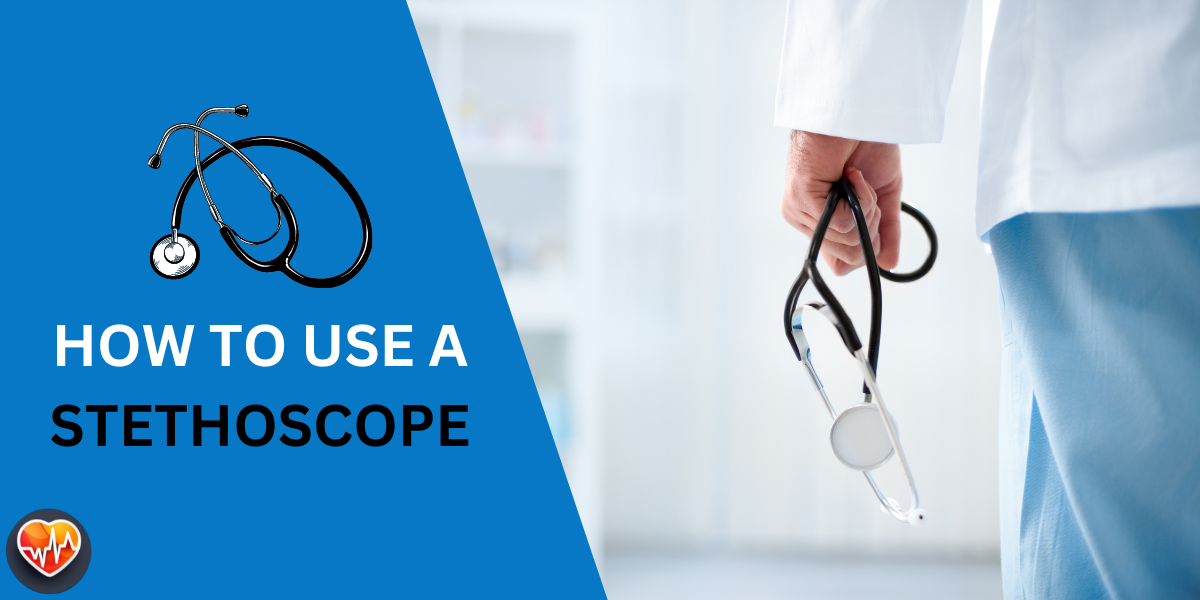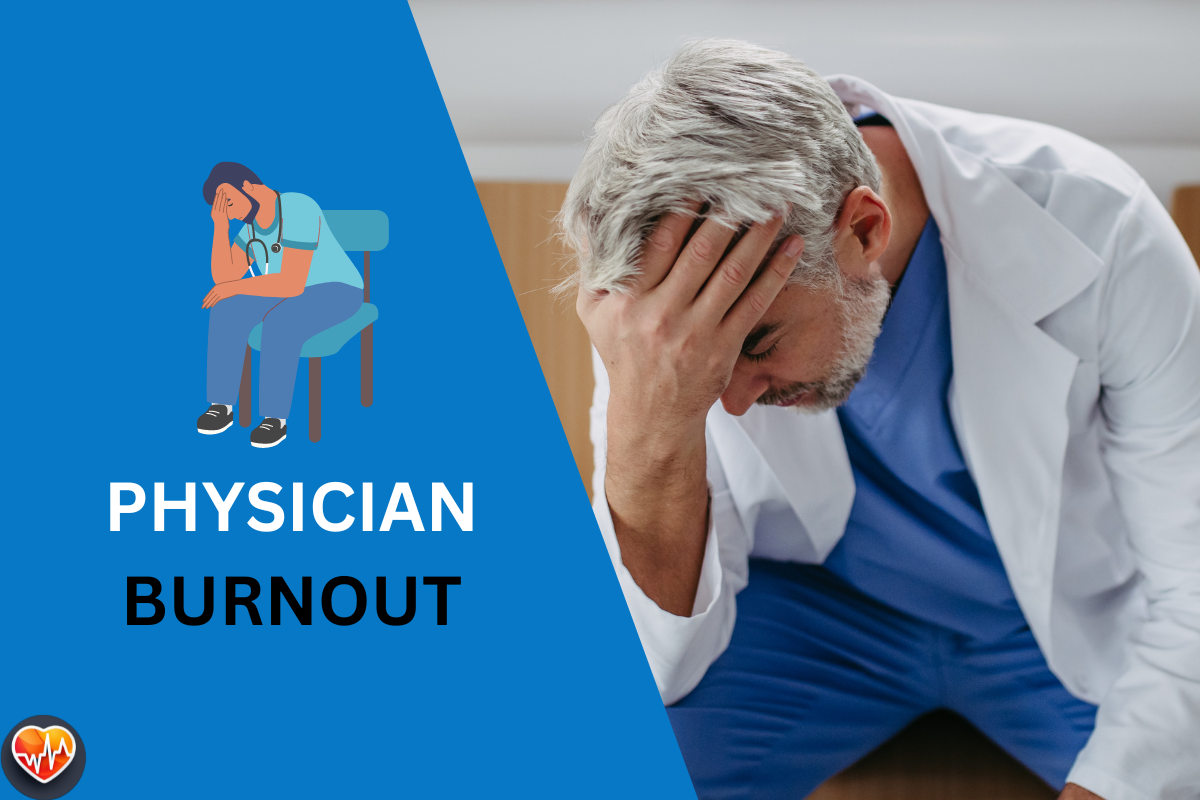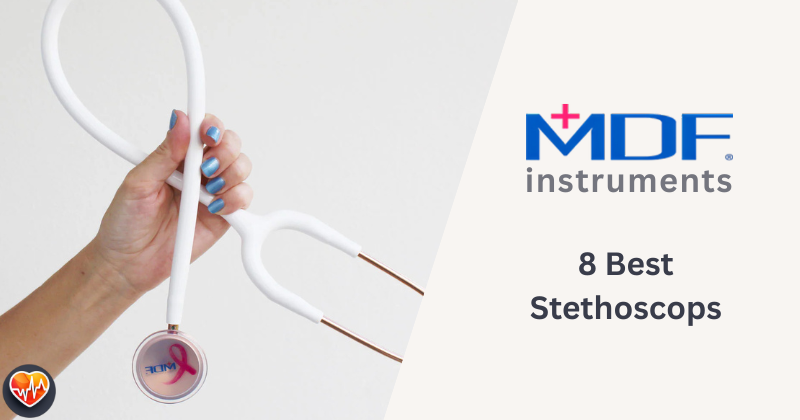
Have you ever felt tired or sick for no reason? Sometimes, our liver might be trying to tell us something.
The liver does lots of important jobs in our body, like filtering out bad stuff and helping us digest food. But things like fatty liver disease, drinking too much alcohol, or even some medicines can damage it.
When your liver isn’t working right, it can make you feel sick, leading to serious problems like liver failure or even liver cancer.
That’s why it’s important to understand how to keep your liver healthy.
- Your liver is a vital organ responsible for many essential functions, like filtering blood and aiding digestion.
- Liver diseases can range from mild to severe, and early detection is key to successful treatment.
- Signs of liver problems can include fatigue, jaundice, and abdominal pain.
- Hepatologists are specialized doctors who focus on diagnosing and treating liver conditions.
- You can maintain a healthy liver through a balanced diet, regular exercise, limited alcohol consumption, and avoiding toxins.
Understanding Your Liver

Let’s get to know your liver a little better. It’s the largest organ inside your body, about the size of a football, and it sits on the right side of your belly, tucked under your ribs.
Think of your liver as your body’s superhero, working hard to keep you healthy.
So, what does this superhero do?
- Cleaning Crew: Your liver acts like a filter, removing harmful substances from your blood, like toxins from medicines or alcohol.
- Food Factory: It helps digest the food you eat, turning it into energy and nutrients your body needs.
- Storage Unit: It stores important vitamins and minerals, releasing them when your body needs them.
- Chemical Plant: It produces bile, a substance that helps break down fats so your body can use them.
Pretty impressive, right? But even superheroes can get sick. There are a few different liver conditions your doctor might talk about:
- Fatty Liver Disease: This is when too much fat builds up in your liver. It’s often caused by being overweight or having diabetes. Sometimes, it goes away on its own, but if it gets worse, it can cause serious liver damage.
- Hepatitis: This is inflammation of the liver, usually caused by a virus (like hepatitis A, B, or C). Some types of hepatitis go away on their own, while others can become chronic (long-lasting) and lead to more serious problems.
- Cirrhosis: This is scarring of the liver that happens over time due to long-term damage. It can be caused by things like hepatitis or drinking too much alcohol. If cirrhosis gets bad enough, you might need a liver transplant.
- Liver Cancer: This is when cancer cells start growing in the liver. It’s often linked to other liver diseases like cirrhosis.
If you think you might have a liver problem, it’s important to see a doctor.
They can do tests like bloodwork and maybe even a liver biopsy (where they take a tiny sample of your liver to look at under a microscope) to figure out what’s going on.
And don’t worry; most liver conditions can be treated if caught early!
Signs and Symptoms of Liver Problems
So, we know your liver is a hard worker, but it can get sick. Here are some signs it might be trying to tell you something’s wrong:

- Tummy Troubles: Feeling sick to your stomach, losing your appetite, or having pain in your belly, especially on the right side.
- Tiredness: Feeling really tired all the time, even after a good night’s sleep.
- Yellowing: Your skin or the whites of your eyes might turn yellow (this is called jaundice).
- Swelling: Your legs or belly might get swollen.
- Easy Bleeding or Bruising: This could be a sign that your liver isn’t making enough of the things that help your blood clot.
- Itchy Skin: This can happen when your liver isn’t filtering out waste products properly.
If you notice any of these signs, it’s important to tell your doctor. They can perform tests to assess your liver’s health. These might include blood tests to check your liver function or an ultrasound.
If your doctor thinks you might have a liver problem, they might send you to see a specialist called a hepatologist.
These are doctors who know all about the liver and how to treat liver disease. They can help determine what’s wrong and devise a treatment plan.
Here are some of the conditions a hepatologist might treat:
- Nonalcoholic Fatty Liver Disease (NAFLD): This is the most common liver disease. It happens when too much fat builds up in your liver, and it’s not caused by drinking alcohol. It can range from mild to severe, and in some cases, it can lead to liver damage and even liver failure.
- Alcoholic Liver Disease (ALD): This is caused by drinking too much alcohol over time. It can also range from mild to severe, and it can lead to cirrhosis (scarring of the liver) and liver failure.
- Viral Hepatitis: This is an infection of the liver caused by a virus (like hepatitis A, B, or C). Hepatitis C is a chronic (long-lasting) infection that can lead to serious liver damage if left untreated.
- Autoimmune Hepatitis: This is a rare condition in which the body’s immune system attacks the liver. It can cause inflammation and damage to the liver.
- Primary Biliary Cholangiosis (PBC): This chronic disease slowly damages the bile ducts (the tubes that carry bile from the liver to the digestive tract).
- Primary Sclerosing Cholangiomyelitis (PSC): This chronic disease causes inflammation and scarring of the bile ducts.
- Genetic Liver Diseases: Some people are born with conditions that affect their liver. These conditions can cause liver damage over time.
If you’re worried about your liver, don’t be afraid to ask for help. Your doctor or a hepatologist can answer your questions and guide you through the process of getting diagnosed and treated.
Remember, early detection and treatment are key to keeping your liver healthy!
Who is a Liver Doctor
So, we’ve talked about how amazing your liver is and how it can sometimes need a little extra help. But who exactly is this “liver doctor” we keep mentioning?

What is a hepatologist?
- A doctor who specializes in diagnosing and treating liver conditions.
- An expert in all things liver, with extra training in this specific area of medicine.
What do they do?
- Diagnose and treat a wide range of liver diseases, from common ones like fatty liver disease to more complex ones like autoimmune hepatitis or primary biliary cholangitis (PBC).
- Work with other specialists like gastroenterologists or transplant surgeons to provide comprehensive care.
- May perform tests like blood work, ultrasounds, or CT scans to assess liver function and health.
Why see a hepatologist?
- If your doctor suspects you have a liver problem or if you’ve been diagnosed with a liver disease, a hepatologist can provide specialized care and treatment.
- They can help you understand your diagnosis, develop a personalized treatment plan, and manage your liver condition over time.
How to find a hepatologist
- Look for someone who is board-certified in gastroenterology and has completed a fellowship in hepatology.
- The American Liver Foundation has a tool on their website to help you find liver specialists in your area.
Special considerations for children
- If your child needs a liver specialist, look for a pediatric gastroenterologist with expertise in hepatology.
Remember, your liver is a vital organ, and hepatologists are there to help you keep it healthy. Don’t hesitate to ask for their expertise if you have any concerns about your liver health.
Maintaining a Healthy Liver
Now that we know what a hepatologist is let’s explore their role in maintaining liver health a bit more.

- The Liver Expert:
- Hepatologists have specialized knowledge in all aspects of liver health, including how it functions, the different types of liver diseases, and the most effective treatments.
- The Detective:
- They investigate the cause of your liver problems, looking at your medical history, family history, and lifestyle factors to determine the best course of action.
- The Collaborator:
- Hepatologists work closely with other healthcare providers, such as gastroenterologists and transplant surgeons, to provide comprehensive liver care.
- They understand that the liver doesn’t work in isolation and that its health affects other organs like the pancreas and gallbladder.
- The Diagnostician:
- They use various tools to diagnose liver conditions, including blood tests, imaging tests like ultrasounds and CT scans, and liver biopsies.
- The Treatment Planner:
- Hepatologists develop personalized treatment plans that may include lifestyle changes, medications, or procedures, depending on the specific liver disease and the patient’s individual needs.
- The Preventer:
- They educate patients on how to maintain liver health and reduce the risk of developing chronic liver diseases. This may involve guidance on diet, exercise, alcohol consumption, and other lifestyle factors.
- The Monitor:
- Hepatologists monitor patients with liver conditions over time to assess their response to treatment, make any necessary adjustments, and identify any potential complications.
Remember, a healthy liver is crucial for overall health, and hepatologists play a key role in helping you achieve and maintain that health.
Don’t hesitate to talk to your doctor if you have any concerns about your liver, and they can refer you to a hepatologist for specialized care.
Liver Disease Prevention and Treatment
Now that we’ve covered what hepatologists do and how they can help, let’s talk about how you can keep your liver healthy. After all, prevention is always the best medicine!

Taking care of your liver is a lot like taking care of yourself. Here are some simple tips to keep it in tip-top shape:
- Eat a Healthy Diet: Just like your body needs healthy food to grow strong, so does your liver. Focus on fruits, vegetables, whole grains, and lean protein.Avoid too much sugary or fatty food, as this can lead to nonalcoholic fatty liver disease (NAFLD), which can progress to nonalcoholic steatohepatitis (NASH), a more serious form of the disease.
- Watch Your Weight: If you’re overweight or have obesity, it puts extra stress on your liver, increasing your risk of NAFLD. Talk to your healthcare provider about ways to reach a healthy weight.
- Limit Alcohol: Your liver works hard to filter out alcohol, so too much can damage it and potentially lead to alcoholic liver disease (ALD). If you choose to drink alcohol, do so in moderation.
- Exercise Regularly: Getting your body moving is good for your whole body, including your liver. Aim for at least 30 minutes of moderate exercise most days of the week. This can help reduce your risk of fatty liver disease and other chronic liver diseases.
- Get Vaccinated: There are vaccines available for hepatitis A and B, which can help protect your liver from these viruses.
- Be Careful with Medications and Supplements: Even over-the-counter medicines and supplements can affect your liver. Always follow the instructions and talk to your doctor or pharmacist if you have any concerns.
- Practice Safe Sex: Hepatitis B and C can be spread through unprotected sex, so always use condoms to protect yourself.
- Avoid Toxins: Some chemicals and toxins can damage your liver. Be careful with things like cleaning products, pesticides, and aerosols.
- Get Regular Checkups: If you have any risk factors for liver disease (like a family history of liver problems or certain medical conditions), talk to your doctor about regular checkups and screenings. This is especially important for those with chronic liver disease or other complex liver diseases.
Remember, your liver is a silent worker. It doesn’t always tell you when something’s wrong until the problem is serious.
By following these tips and seeing your doctor regularly, you can keep your liver healthy and happy for years to come. If you have any concerns, don’t hesitate to ask for help.
Your doctor or a hepatologist can guide you on the path to a healthy liver and a healthier you!
Conclusion

Your liver is a vital organ that works hard behind the scenes.
It’s your body’s filter, energy converter, and storage unit. But like any organ, it can become sick with conditions like nonalcoholic fatty liver disease or hepatitis.
Thankfully, hepatologists – the liver specialists – are here to help. They can diagnose, treat, and help you prevent liver problems. Remember, taking care of your liver is key to your overall health. So, eat healthy, exercise, limit alcohol, and see your doctor regularly.
If you have any concerns, don’t hesitate to talk to your doctor or a hepatologist
Frequently Asked Questions
What is a hepatologist?
A hepatologist is a physician who specializes in the diagnosis and treatment of liver diseases. After completing medical school and a residency in internal medicine, they undergo a three-year fellowship in hepatology, gaining expertise in this specific field.
When should I see a hepatologist?
If you experience persistent symptoms like fatigue, jaundice, abdominal pain, or swelling, or if your primary care physician suspects a liver issue, they may refer you to a hepatologist for further evaluation and specialized care.
What types of conditions do hepatologists treat?
Hepatologists treat a wide range of liver conditions, from common ones like fatty liver disease and hepatitis to more complex diseases like primary sclerosing cholangitis or liver cancer. They also play an important role in managing patients who need liver transplants and are experts in transplant hepatology.
What can I expect during a visit to a hepatologist?
During your first visit, a hepatologist will review your medical history, perform a physical exam, and may order additional tests like blood work, imaging studies (such as ultrasound or CT scan), or even a liver biopsy to confirm a diagnosis and develop a personalized treatment plan.
How can I find a qualified hepatologist?
You can ask your primary care physician for a referral, or you can search online directories like the one provided by the American Liver Foundation. When choosing a hepatologist, look for someone who is board-certified in gastroenterology and has completed a fellowship in hepatology.













